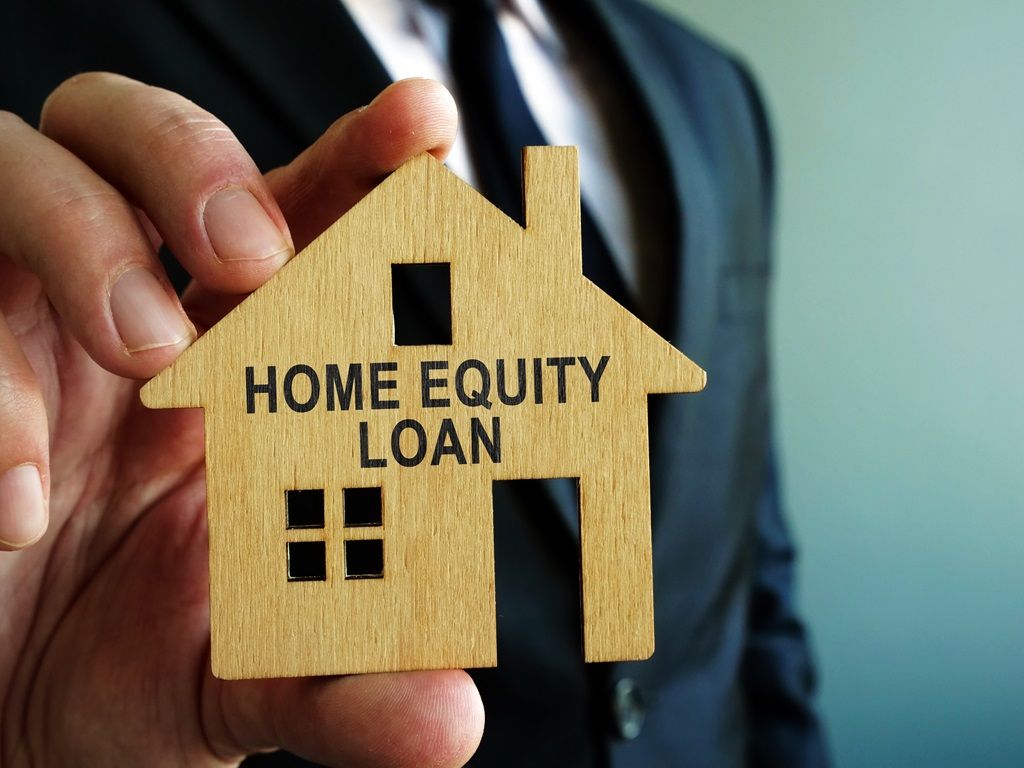Why is My Landlord Getting an Appraisal? What It Means for a Tenant

Receiving a posting that your landlord is arranging for a property appraisal is unnerving. You cannot help but wonder what this portends regarding your residency and whether or not you need to be worried. An appraisal for a rental property is a professional estimate of the market value of a piece of real estate, and although it may appear to be a strictly financial exchange as far as your landlord is concerned, it may also impact you as a renter.
Knowing the process is helpful in that it allows you to face the situation confidently. Allow us at First Class Property Solutions to help!
Why Landlords Order Appraisals
There are some pretty standard reasons why the current value of their property would need to be determined by your landlord. One such reason is refinancing. Your landlord might want to secure a new loan that has better interest rates or terms, and the lender will need to order an appraisal so that they can make the loan.
Why is my landlord getting an appraisal? Another reason your landlord may want to order an appraisal is that they intend to sell the house. An appraisal gives a true value, which is an important step before the house goes on the market.
In some other instances, the appraisal would be to use for the insurance, so the house is properly insured, or even tax reasons, as there may be an appeal of a property tax assessment. These are all common motives behind rental appraisals, and they don’t all mean a problem for you.
How an Appraisal Can Impact You
The actual evaluation itself doesn't automatically alter the lease agreement that you're signing. It is the conclusion, however, that would potentially lead to changes in the future. If the evaluation is included as part of the plan to sell the house, then there is the possibility that there will be a new landlord or, worse, that you may be asked to leave if the owner is to reside in the house themselves. In some markets, property management in Midwest City might handle such transitions for tenants.
In the case that the landlord is refinancing, the increased value that the structure enjoys may cause them to renegotiate your rent price once your lease comes to an end. Although your rent is already secured with the lease agreement, there is the future increase that may just occur, particularly if the appraisal based on rental income shows the property could command a higher monthly rate.
Your Rights and What to Expect
You have rights here, remember. Your landlord must provide reasonable notice before an appraiser enters your home, normally at least 24 hours, although this is up to your state laws. The actual appraisal inspection itself is usually short, ranging anywhere from 30 to 60 minutes. The appraiser may take pictures and measurements around the house, but they are there to inspect the house, not the personal belongings inside the house.
Be frank with your landlord. You may inquire why the appraisal is being conducted. A truthful landlord will be honest about their motives, whether they are selling, refinancing, or some other reason. This conversation will calm your mind as well as prepare you for any future adjustments. If you specifically hear terms like property rental appraisal or rental property appraisal, don’t hesitate to ask what these mean in your context.
Navigating the Next Steps
While an appraisal can signal change, it doesn't automatically equate to the need to move. It is often part of the natural process of owning a home. If the reasons behind the property rental appraisal are understood, as are your rights, then the situation will be manageable. Have open lines of communication open with your landlord and keep informed to make the process as smooth as possible for all parties.





